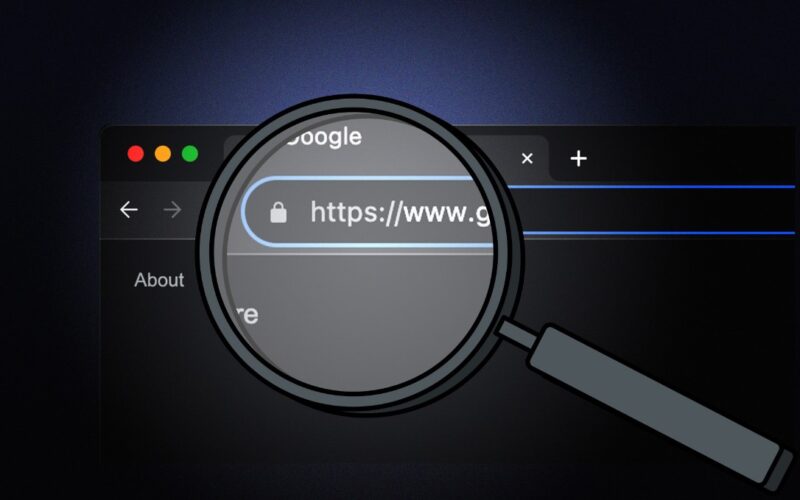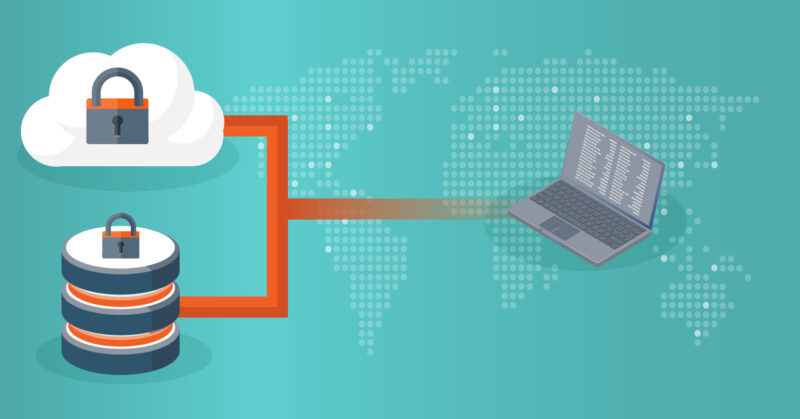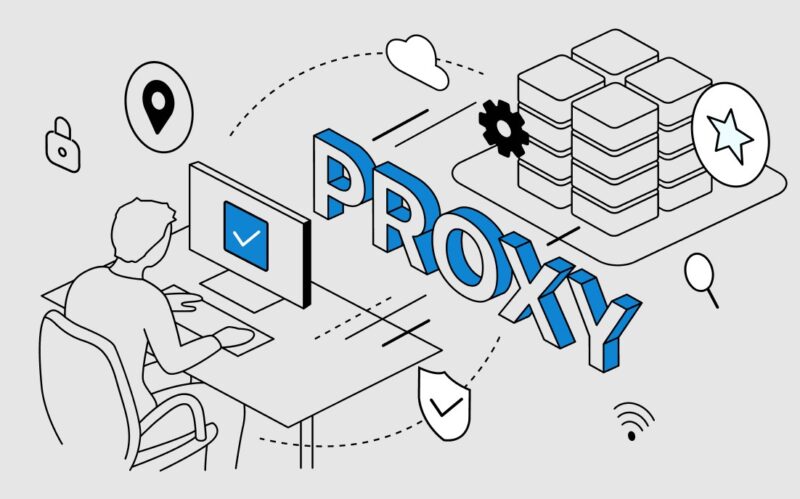In the fast-paced digital landscape of today, businesses are becoming increasingly dependent on the Internet for their daily operations. However, with the convenience of online connectivity comes the looming threat of cyberattacks and unauthorized access.
In this context, proxies emerge as a critical tool for safeguarding business operations and ultimately boosting profitability. This article delves into the pivotal role proxies play in securing businesses, enhancing operational efficiency, and driving cost-effectiveness.
Understanding Proxies
At the core, proxies act as intermediaries between users and the internet, forwarding requests and responses. They serve as a protective barrier against potential cyber threats and offer anonymity for online activities.
Proxies come in various types, including HTTP, HTTPS, SOCKS, and reverse proxies, each designed to cater to specific business needs. The multifaceted importance of proxies in the business realm cannot be overstated, as they play a crucial role in both security and privacy.
Enhancing Security

Businesses today face a myriad of cyber threats that can jeopardize sensitive data and compromise operations. From phishing attacks to DDoS assaults, the digital landscape is fraught with risks. Proxies act as an effective security barrier, intercepting and filtering out malicious traffic before it reaches the business network. This layer of protection helps mitigate the risk of DDoS attacks, ensuring that businesses remain operational even during intense cyber onslaughts.
Moreover, proxies contribute significantly to data privacy and regulatory compliance. In an era where data breaches can result in severe consequences, the anonymity provided by proxies adds an extra layer of protection for sensitive business information. This not only safeguards the organization’s reputation but also ensures adherence to various data protection regulations.
Improving Operational Efficiency
Proxies offer more than just security; they are instrumental in enhancing overall operational efficiency. Bandwidth management is a critical aspect, with proxies optimizing internet usage by caching frequently accessed content. This not only reduces load times for websites and applications but also minimizes bandwidth usage, resulting in cost savings for businesses.
Content filtering is another key functionality of proxies. By restricting access to non-business-related content, proxies contribute to a more focused and productive work environment. Additionally, proxies act as a gatekeeper, preventing employees from inadvertently accessing malicious websites that could compromise the organization’s security.
Furthermore, proxies enable businesses to access region-specific content and services, facilitating international expansion and market research. This geographic content access empowers organizations to tailor their strategies based on the preferences and trends of specific regions, fostering a more targeted and effective approach.
Cost-Efficiency and Resource Optimization

In the pursuit of profitability, businesses are always seeking ways to optimize costs and resources. Proxies play a pivotal role in achieving this goal. Through bandwidth savings, proxies reduce overall data usage, resulting in cost reductions for businesses with data-intensive operations.
Load balancing is another feature that contributes to resource optimization. Proxies distribute incoming network traffic across multiple servers, ensuring that no single server bears an overwhelming load. This not only improves overall performance but also enhances the reliability and availability of services for end-users.
Best Practices for Proxy Implementation
Implementing proxies effectively requires a strategic approach. Choosing the right proxy type is crucial, as different businesses have different needs. Conducting a thorough analysis of the organization’s requirements and aligning them with the capabilities of various proxy types ensures optimal performance.
Regular monitoring and maintenance are equally important. Proxies should be monitored for performance, and regular updates and security patches must be applied to keep the system resilient against evolving cyber threats. Employee training is also a critical aspect, ensuring that staff members are aware of proxy usage policies and trained to recognize and report potential security threats.
Private Proxy ─ A Trusted Solution

A private proxy serves as a mediator between a user’s device and the internet, functioning as a protective shield that safeguards sensitive information from potential threats. Unlike public proxies, private proxies are dedicated exclusively to a single user or entity, providing a level of exclusivity that significantly enhances security. This exclusivity ensures that the user has full control over the proxy, minimizing the risks associated with sharing resources in a public proxy network.
The primary allure of private proxies lies in their ability to grant users anonymity. By masking the user’s IP address, private proxies act as a virtual cloak, making it challenging for malicious entities to trace online activities back to the user. This not only protects users from potential cyber threats but also allows them to navigate the internet with a heightened sense of privacy. Individuals seeking to maintain confidentiality, such as journalists, activists, or whistleblowers, often rely on private proxies to shield their identity from those who may wish to censor or harm them.
Businesses, too, recognize the critical role that private proxies play in safeguarding sensitive corporate data. With cyber-attacks becoming increasingly sophisticated, corporations face the constant threat of data breaches that could compromise their financial stability and reputation. Private proxies offer a robust defense against these threats by creating a secure tunnel through which data can be transmitted. This tunnel encrypts the information, rendering it unreadable to anyone attempting to intercept it. As a result, companies can conduct their online activities, such as market research or competitive analysis, with confidence, knowing that their proprietary information is shielded from prying eyes.

Moreover, private proxies are instrumental in overcoming geographical restrictions imposed by content providers. Streaming services, for instance, often restrict access to certain content based on the user’s location.
Private proxies can circumvent these limitations by allowing users to connect through servers in different geographic locations, effectively unlocking a world of content that would otherwise be off-limits. This not only enhances user experience but also proves invaluable for businesses operating in global markets, enabling them to access and analyze data from diverse regions.
While the advantages of private proxies are undeniable, users must choose a reputable provider. Trust is paramount in the realm of online privacy, and users must ensure that their chosen private proxy service adheres to strict security protocols. From robust encryption standards to a clear privacy policy, a trustworthy private proxy provider prioritizes the safeguarding of user data.
In conclusion, as businesses navigate the intricate landscape of the digital realm, proxies emerge as indispensable tools for safeguarding operations, enhancing efficiency, and optimizing costs. By implementing best practices and choosing a reputable provider like PrivateProxy, businesses can fortify their digital infrastructure and pave the way for sustained profitability in an ever-evolving digital landscape.

